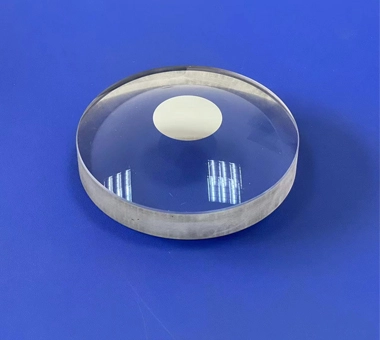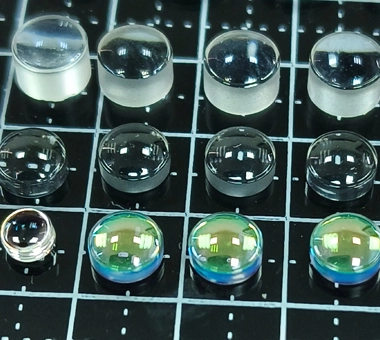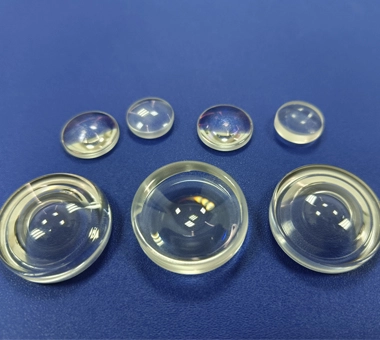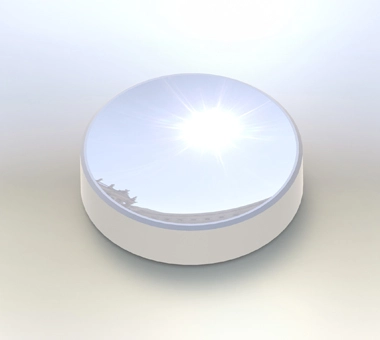
Call Us
86-755-82924037
Call Us
86-755-82924037
Spherical lenses are optical components with curved surfaces that converge or diverge light rays, affecting how images are viewed or projected. Their shape is part of a sphere, leading to simple and versatile designs suitable for a wide range of applications, including eyeglasses, cameras, and microscopes. These lenses can focus light to a point, correcting vision or magnifying objects, and are categorized into convex (converging) and concave (diverging) types based on their curvature and optical effects.
Spherical lenses work by refracting light, which means they bend the light rays passing through them due to their curved surfaces. These lenses have surfaces that are part of a sphere. When light rays strike a spherical lens, their direction changes, converging or diverging depending on the lens type. Convex, or positive lenses, bulge outward and converge light rays to a focal point, making distant objects appear clearer and are used to correct farsightedness. Conversely, concave, or negative lenses, are thinner in the middle and spread light rays apart, aiding in the correction of nearsightedness by diverging the light before it reaches the eye, allowing for a clearer image of close objects. This fundamental principle of light refraction enables spherical lenses to be widely used in various optical devices, including eyeglasses, cameras, and telescopes.
Spherical lenses, with their curved surfaces, are fundamental components in a wide array of optical applications. They are primarily used to focus, diverge, or modify the path of light waves. In eyeglasses and contact lenses, they correct vision by compensating for the refractive errors of the eye, such as myopia (nearsightedness) and hyperopia (farsightedness). In photography and cinematography, spherical lenses are key elements in camera lenses, adjusting the focus to capture sharp images. They also play crucial roles in scientific instruments, such as microscopes and telescopes, enhancing our ability to observe microscopic details and distant celestial objects. Additionally, spherical lenses are utilized in laser systems, where they focus or expand laser beams for cutting, engraving, or medical applications, showcasing their versatility across various fields.



Bldg. A Baolong Industrial Zone #491 Dalang South Rd. Longhua District Shenzhen China
Copyright © Shenzhen Solar Valley Scitech Development Co., Ltd. All Rights Reserved.





